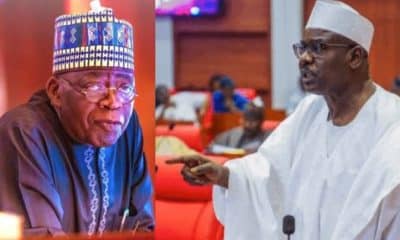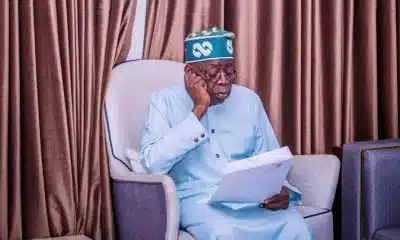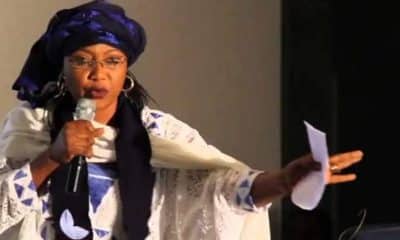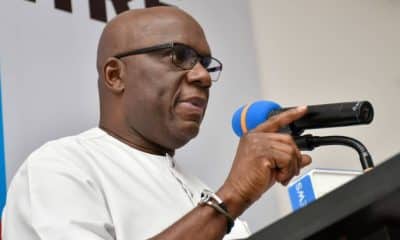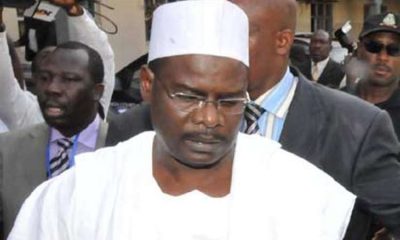Nigeria News
Nigerians Question CNG Safety As Malaysia Announces 2025 Phase-Out
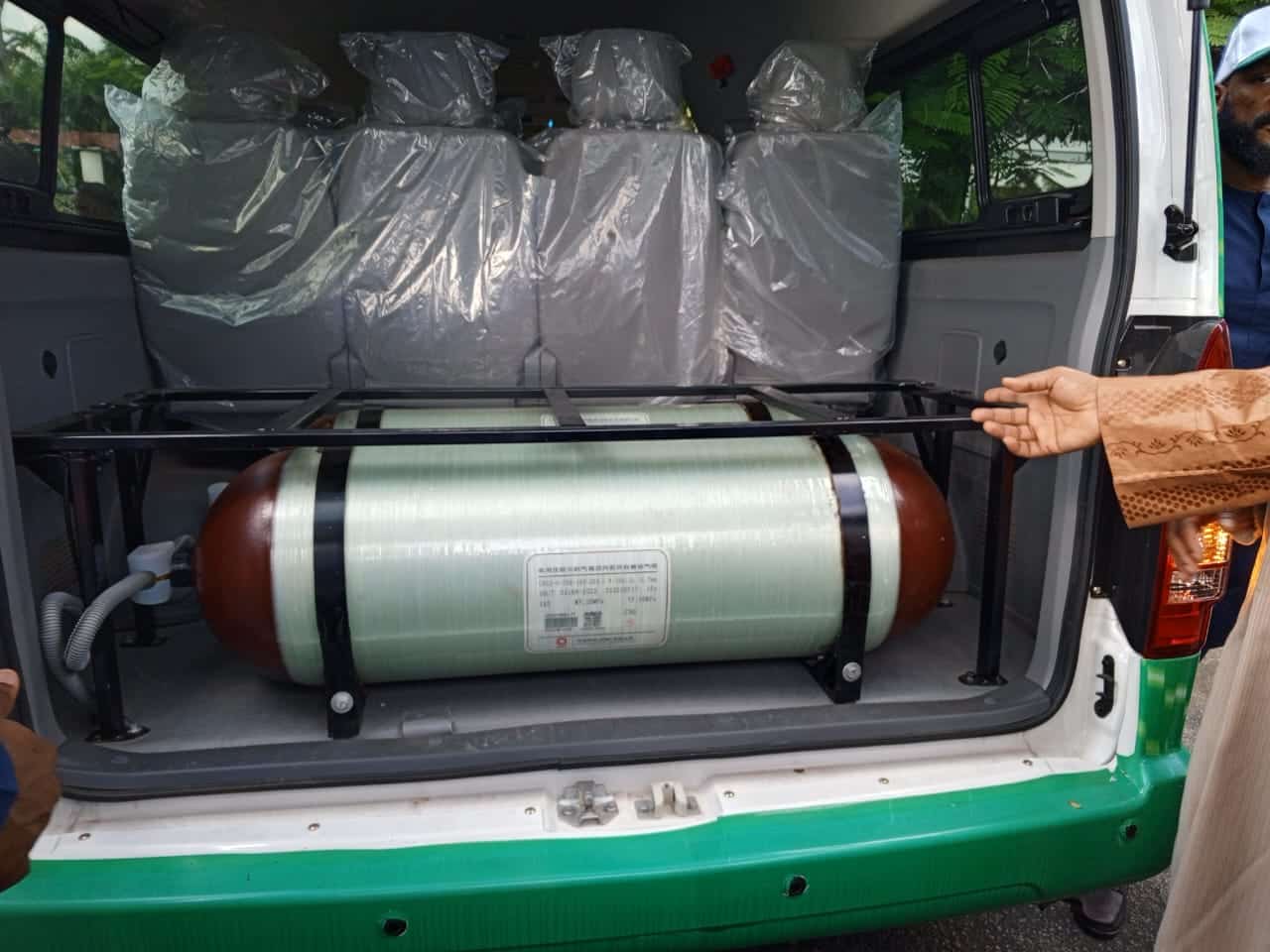
Malaysia’s recent decision to end the use of Compressed Natural Gas (CNG) for vehicles by July 2025 has sparked a debate among Nigerians, as the Nigerian government continues to advocate CNG as a cleaner, cheaper fuel alternative to petrol.
Malaysian Transport Minister, Anthony Loke cited safety concerns as the reason for the ban, highlighting the risks associated with aging CNG tanks that have surpassed their 15-year safe usage limit.
Speaking at a press conference, Loke explained that older CNG tanks, if not replaced, could pose significant safety risks to road users, with the phase-out set to impact over 44,000 vehicles in Malaysia, including private cars, taxis, buses, and industrial machinery.
“These NGV tanks have a safe usage lifespan of approximately 15 years, and if they are not replaced, they become unsafe to use and may fail at any time,” Loke stated.
Malaysia’s state oil and gas corporation, Petroliam Nasional Berhad (Petronas), will begin gradually halting CNG sales at its stations starting July 1, 2025.
Loke also announced support measures for affected taxi drivers and owners of dual-fuel or purely CNG-powered vehicles to help them transition away from CNG.
Meanwhile, Nigeria’s government under President Bola Tinubu is heavily promoting CNG vehicles, positioning them as a safer, cost-effective option in the wake of subsidy removals.
The Presidential Compressed Natural Gas initiative, launched in August 2023, has reportedly converted over 100,000 vehicles to CNG or dual-fuel systems to help ease the burden of fuel costs on Nigerians.
Despite the government’s push, concerns are mounting among Nigerians following recent reports of explosions in CNG-converted vehicles.
Many have taken to social media, questioning the wisdom of adopting CNG amid Malaysia’s phase-out.
A social media user, @Gozie_mu write: “Nigeria to embrace it because we are the world’s dumping site.”
Another user, @iniekott, wrote: “Meanwhile, Nigerian rulers are putting CNG forward as a safe alternative to petrol.
“Note the clear-headed and tangible provisions made by the Malaysian government to help citizens with the transition.”
Others echoed similar sentiments, with #PaschalNwosu5 remarking, “Malaysia introduced CNG in the 1990s; now they are stopping it in 2024, while Bola and his supporters are asking Nigerians to change to CNG. APC is taking you 34 years backwards, but some of you’re defending it.”
#SmartAtuadi added, “Nigeria seems determined to promote CNG without considering the safety implications that Malaysia has raised.”
Critics also pointed to President Tinubu’s own vehicle choice, questioning why his official luxury car hasn’t been converted to CNG if the fuel is truly safe.
#Oserume1 commented, “If CNG was a good idea, Tinubu would have converted his official luxury Cadillac Escalade from petrol to CNG!”
@ekenezion wrore: “The president refused to convert his Escalade to cng.”
@buzuzu7 wrote: “I will only embrace this if all ministers and the presidency lead by example. I can’t be your guinea pig.”
#PastorGreatKing wrote, “Basically, President Tinubu is telling Nigerians to buy CNG as a way of diverting our attention from constant fuel price increases. When cars start blowing up like missiles, we all run back to fuel, but then it’s too late to argue/protest about fuel prices.”
@UtdATD wrote: “Bro! People don’t read. Malaysia has been using NGV since the late ’90s. The NGV-powered vehicles have been in operation for 15 years, and their tanks have now reached the end of their safety usage period.”

